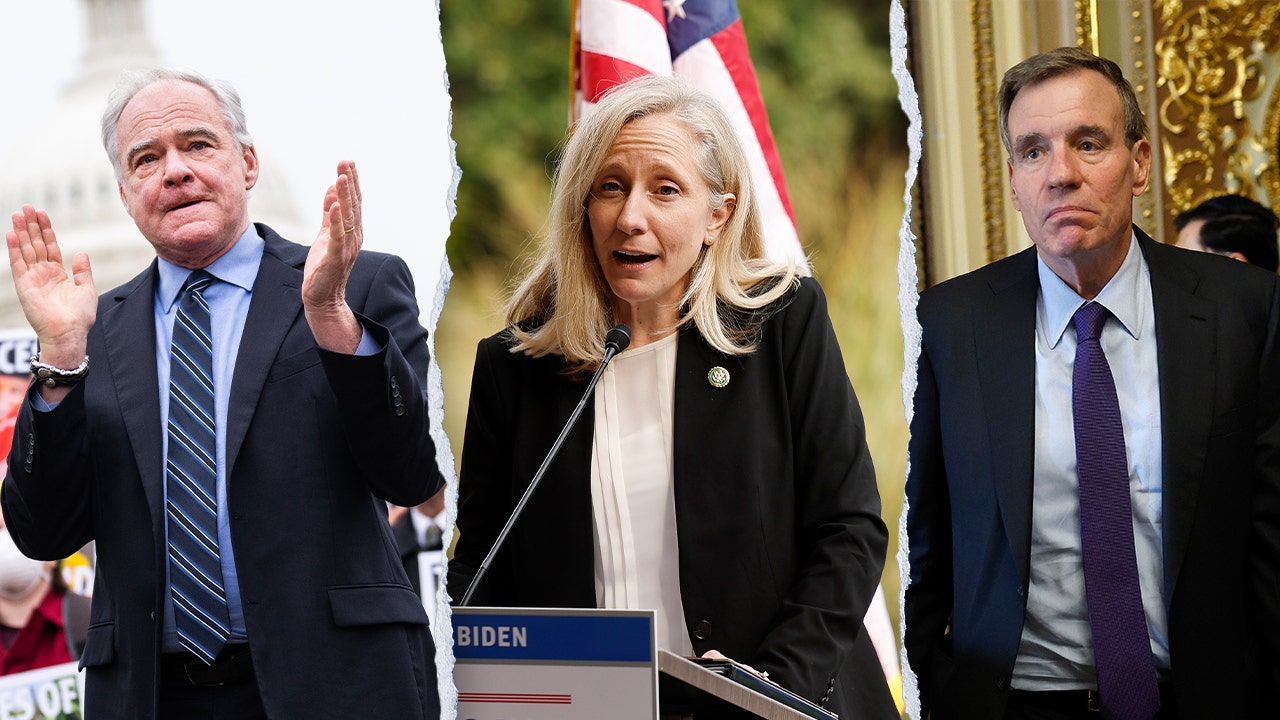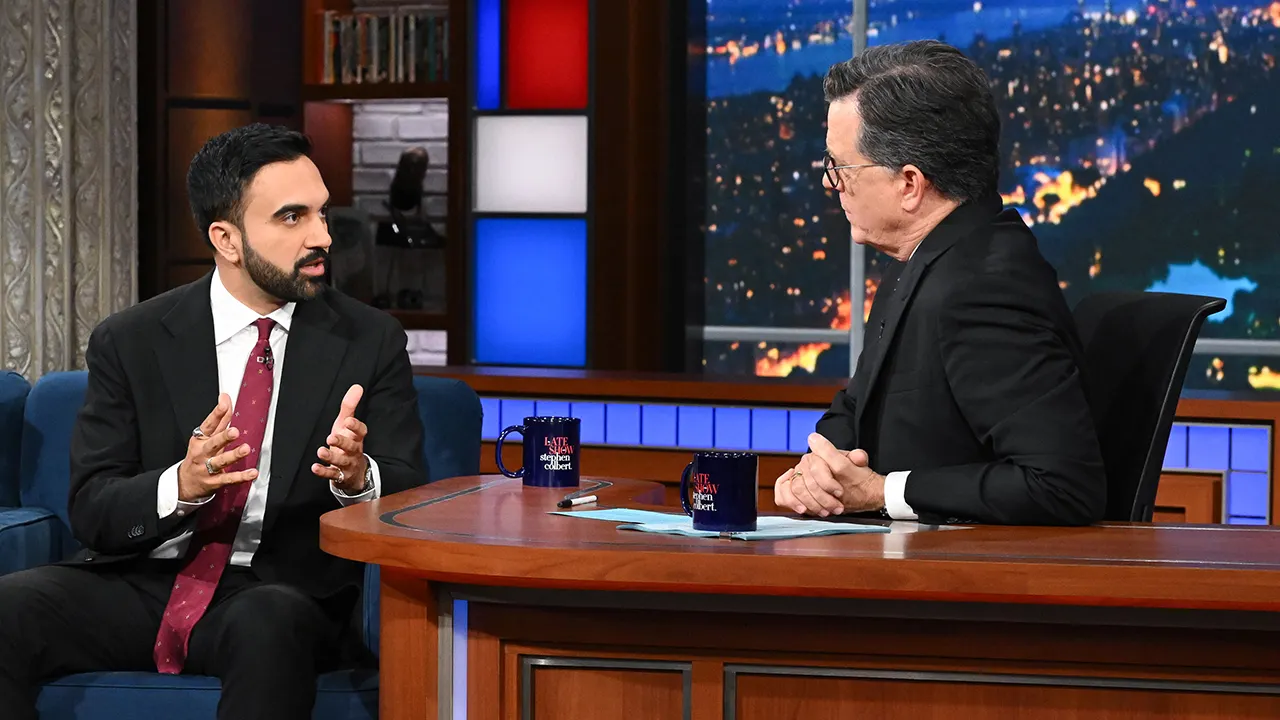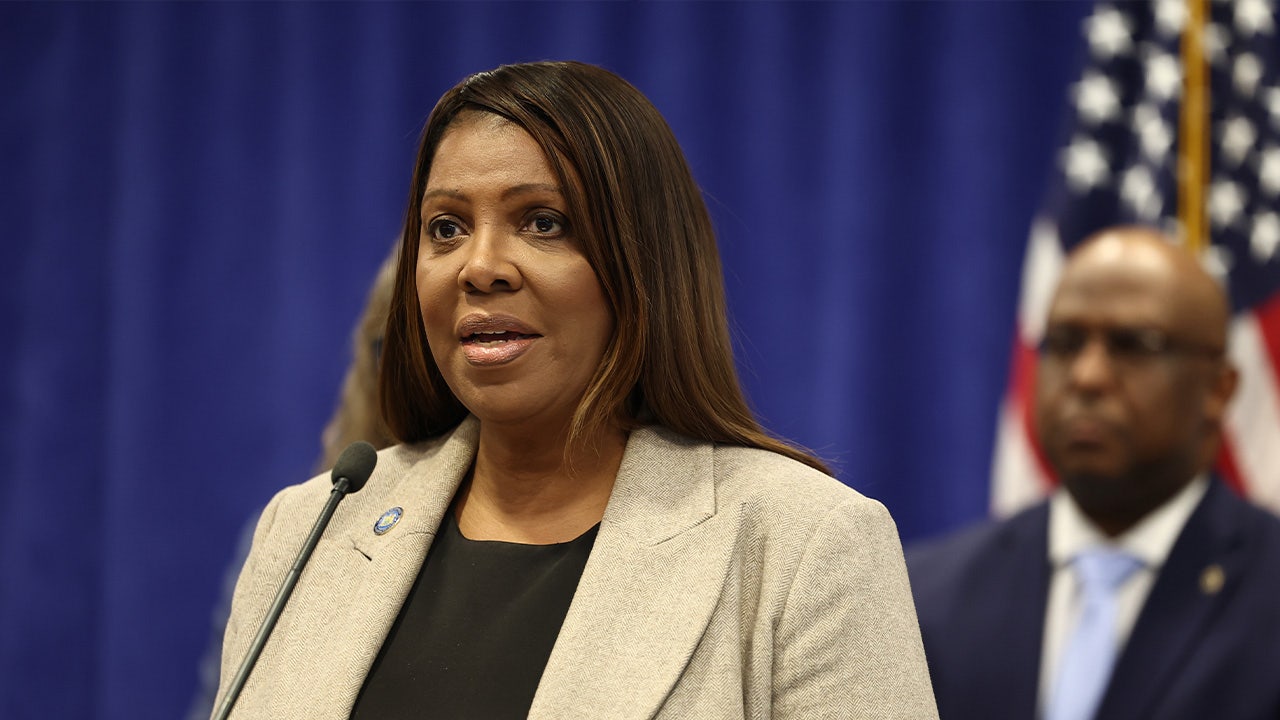Alan Garber said the student took videos in a way that ‘appears provocative,’ according to a text revealed by the House Education and Workforce Committee
Harvard University president Alan Garber blamed a Jewish student for his own assault during an anti-Israel protest, accusing him in a text message of filming in a way that “appears provocative,” the House Education and Workforce Committee revealed Monday.
The text was included in a letter that Republican Reps. Elise Stefanik (N.Y.) and Tim Walberg (Mich.)—who chair House Republican Leadership, and the House Education and Workforce Committee, respectively—sent Garber demanding information surrounding incidents that “may contribute to a hostile antisemitic environment on campus.” They pointed to his texts urging Harvard Business School dean Srikant Datar not to send a community message after Yoav Segev, an Israeli Jewish student, was shoved and accosted at an October 2023 “die-in” protest.
“Another complication is that, although [the Israeli student] was technically within his rights … [t]he way he was taking videos appears provocative,” Garber told Datar. Garber’s remark echoes those of the student activists who argued Segev provoked the students. Harvard’s Undergraduate Palestine Solidarity Committee issued a statement in the wake of the event stating Segev had stepped over protesters who were “laying in a vulnerable position.”
According to the congressional letter, Datar later sent an email conveying Garber’s advice, arguing if the school sends out a community message, “MENA [Middle Eastern and North African] students … will be very upset by it.”
Harvard was hit with a double whammy on Monday between the congressional letter and an announcement from the Trump administration that it was beginning the process to suspend and debar the university after determining the school “violated Title VI by acting with deliberate indifference toward discrimination and harassment against Jewish and Israeli students on its campus since October 7, 2023.” The move could terminate Harvard’s federal funding and prohibit it from receiving future financial assistance.
Stefanik and Walberg noted Harvard didn’t discipline the two students who assaulted Segev, and in fact rewarded them. They pointed to a Washington Free Beacon report showing Ibrahim Bharmal received a $65,000-“public interest” fellowship from the Harvard Law Review shortly before graduating, while Elom Tettey-Tamaklo was made a class marshal for the Divinity School’s graduation ceremony.
The Republican chairs also noted Harvard “is alleged to have obstructed the District Attorney’s investigation into the attack.” The university refused to cooperate with local prosecutors, who had asked the Harvard Police Department to conduct a follow-up investigation into the assault to identify additional perpetrators, the Free Beacon reported.
Though Bharmal and Tettey-Tamaklo eventually faced criminal charges, which came to a head in April when they agreed to take an in-person anger management class and perform 80 hours of community service as part of a pretrial diversion program, both were allowed to graduate in good standing from their respective schools shortly after they agreed to the diversion program.
The Segev incident was just one item included in the Monday letter. Stefanik and Walberg demanded disciplinary records surrounding anti-Semitism, asked for updates on concerns raised by Harvard’s anti-Semitism task force and advisory group, and wanted to know if the university had implemented the International Holocaust Remembrance Alliance’s definition of anti-Semitism, as agreed upon in January. The lawmakers also inquired if Harvard has permanently ended its partnership with Birzeit University—a West Bank school that has hosted military parades in honor of Hamas—after suspending collaboration in the spring pending an internal review.
Stefanik and Walberg gave Harvard until Oct. 13 to comply with their request. The university did not immediately respond to a request for comment.
Read the full article here







